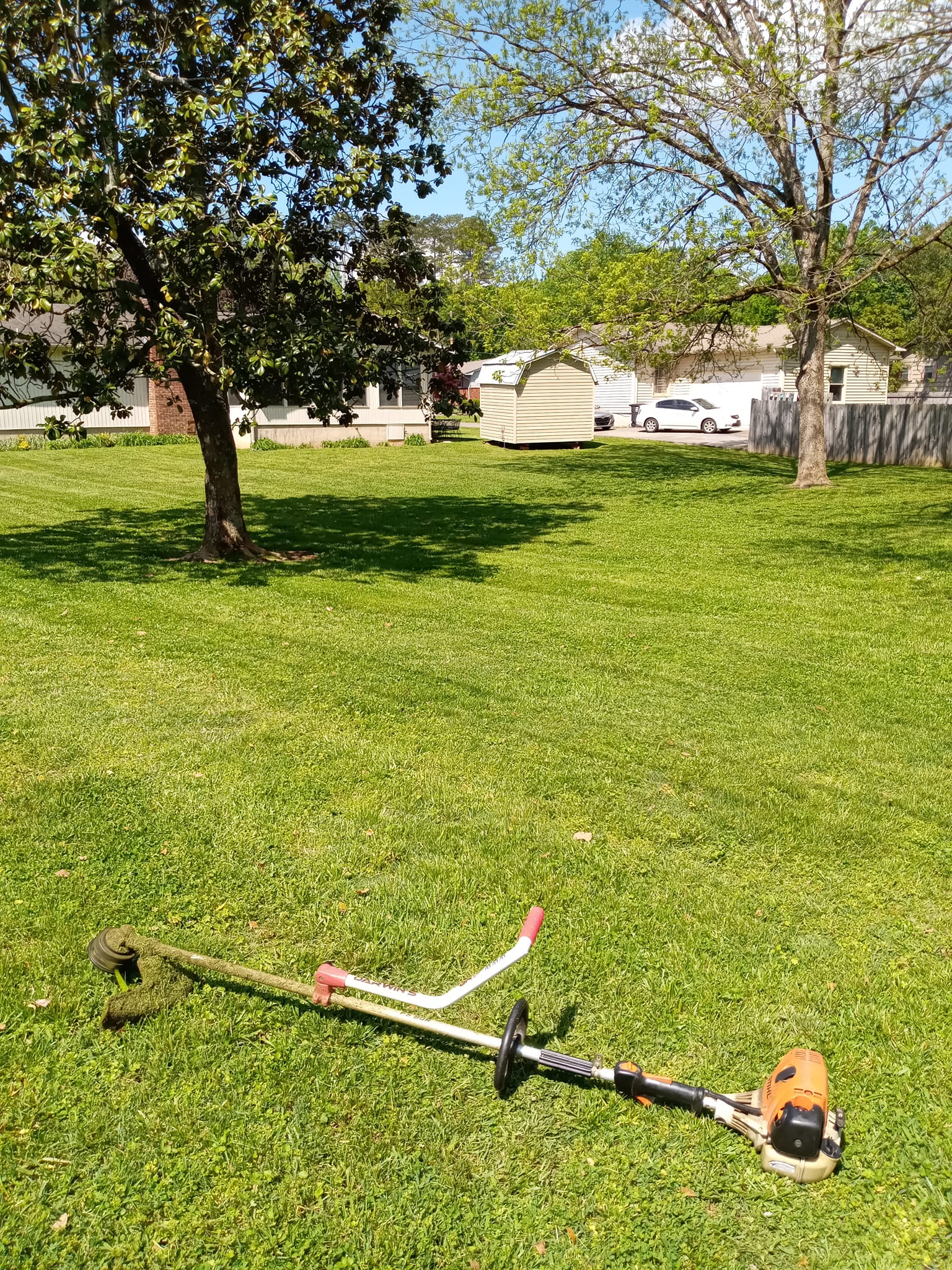
The Ultimate Guide to Achieving a Lush Lawn with Eco-Friendly Practices Sep 29, 2025
Starting with soil health is essential. Your lawn's foundation lies beneath the grass, where its roots anchor and gather nutrients. Begin by enhancing your soil with organic compost. Composting enriches the soil, enhances its moisture-retention capabilities, and reduces the need for chemical fertilizers. Nutrient-rich soil fosters robust grass that is more resistant to disease and damage.
Next, consider your grass selection. Choose grass varieties suited to your region's climate. Native grasses are more adaptable to local environmental conditions and require less water and fertilizer. Additionally, they are often more resilient to local pest populations, reducing the need for pesticides.
Water management is critical in maintaining an eco-friendly lawn. Overwatering wastes resources and can promote fungal diseases. Instead, water deeply but infrequently to encourage roots to grow deeper into the soil, making your lawn more drought-resistant. Implementing a rainwater collection system can further enhance water efficiency. Use collected rainwater to hydrate your yard, significantly reducing your dependence on municipal water.
Another eco-friendly practice is natural pest control. Chemical pesticides can have harmful effects on the environment, including beneficial insects that help control pest populations naturally. To keep pests at bay, introduce beneficial insects such as ladybugs and lacewings. Additionally, companion planting—growing plants like marigolds near your lawn—can naturally deter pests due to their scent and oils.
Mowing practices can also greatly influence lawn health. Rather than cutting grass too short, mow it at a higher setting. Taller grass provides shade to the soil, preserving moisture and reducing weed growth. Moreover, leaving grass clippings on the lawn acts as a natural fertilizer as they decompose, further fertilizing your grass.
Green fertilization is another vital area of lawn care. Traditional fertilizers often contain chemicals that can leach into waterways. Opt for organic fertilizers, which release nutrients slowly, reducing the likelihood of runoff. Look for products with natural minerals and plant-based ingredients to nourish your lawn sustainably.
Aeration is essential in maintaining soil health. Over time, soil can become compacted, impeding root growth. By aerating your lawn, you create spaces for air, water, and nutrients to penetrate the root zone more effectively. The process can increase grass vigor and reduce reliance on synthetic lawn care products.
Finally, regular lawn maintenance is key. Set a schedule for your eco-friendly practices, such as mowing, watering, and fertilizing. This routine care ensures your lawn remains healthy year-round, reducing the ecological footprint of your outdoor space.
By implementing these eco-friendly lawn care practices, you not only contribute to a healthier planet but also enjoy the pride of a lush, vibrant yard. At KWL Lawn Care, we are dedicated to helping you achieve these goals with professional expertise and a strong commitment to sustainability. With patience and consistency, you can create a green oasis that is as kind to the environment as it is attractive.
/filters:no_upscale()/media/2c230f8e-aab8-42e7-bfb5-11274db16d0d.png)
/filters:no_upscale()/filters:format(webp)/media/1ca52b8b-47b7-423c-9d80-7940c1211bcb.jpg)